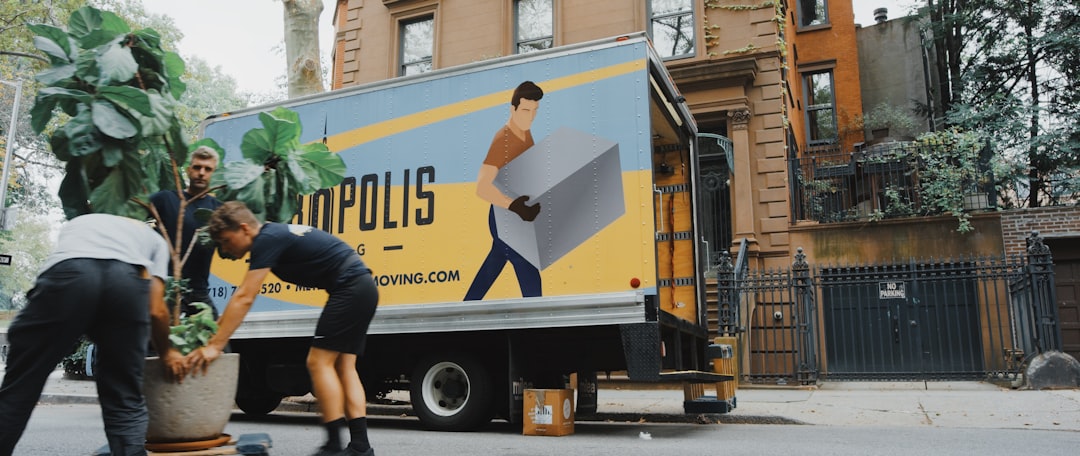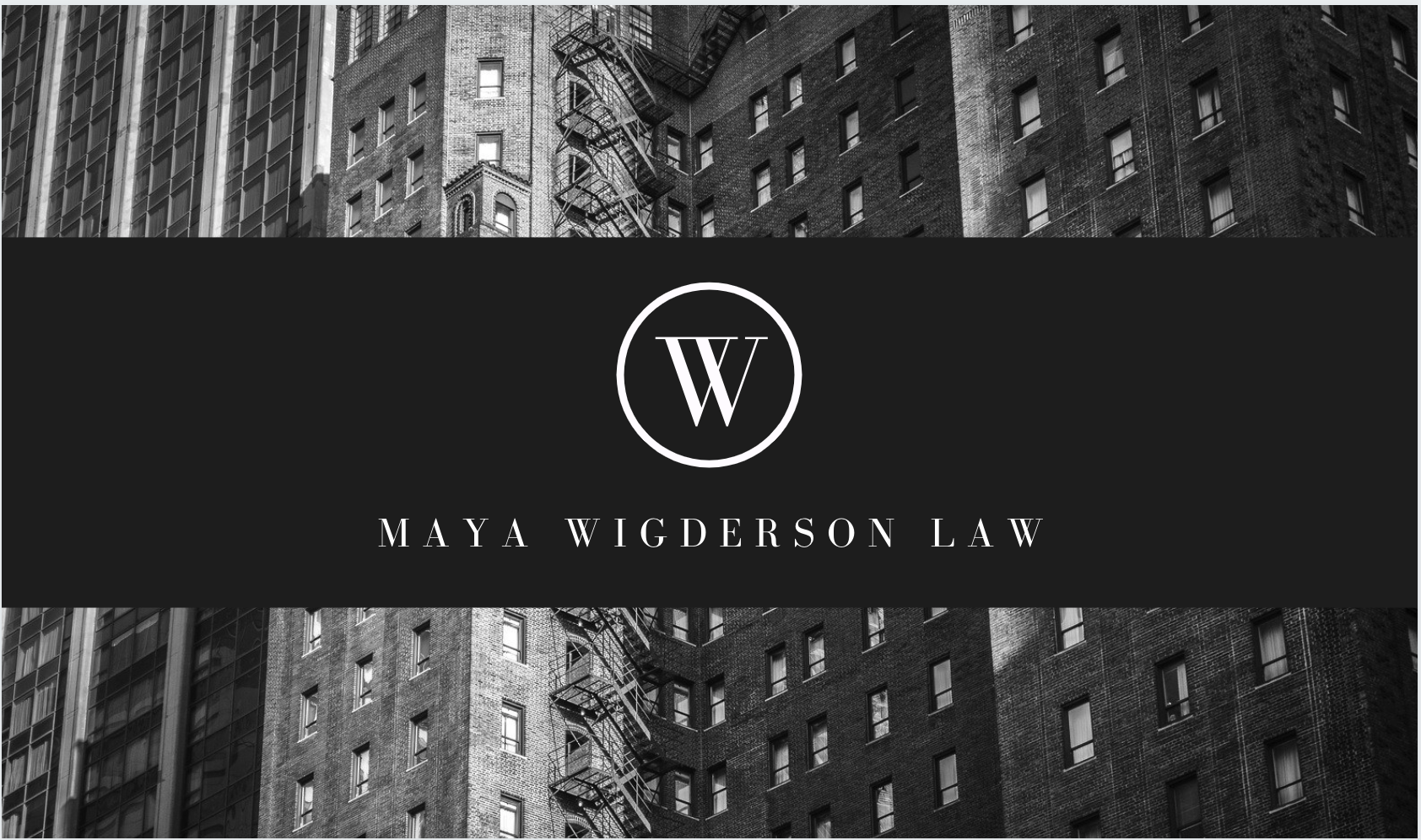Business owners know the importance of having the right location for their business, as “location, location, location” is the first lesson in business that many people learn. Procuring the perfect spot for a business takes a lot of hard work, and with the competitive commercial real estate market, there are no guarantees. That’s why commercial tenants are willing to pay what many people would consider ridiculous amounts of money on prime real estate. After all, it’s only ridiculous if it doesn’t pay off, right?
As you know, commercial leases are much more stringent than the typical residential lease. So, when there are problems between a commercial tenant and the landlord, things can escalate and turn into legal issues quickly. The last place most business owners want to be is in a courtroom, as every minute spent in litigation is time away from their business. What do you do when you and your landlord have problems that could harm your business? Continue reading to get some tips for resolving issues with commercial landlords effectively.
Consult a commercial lease lawyer.

When business tenants and landlords disagree, it’s usually because one party believes the other isn’t keeping their end of the lease agreement. The upkeep of commercial spaces is a huge responsibility, and maintenance needs vary depending on the type of business. These are the kinds of details lease agreements should acknowledge, protecting the legal rights of the landlord and ensuring an efficacious commercial space for the tenant. Lease agreements can be difficult to understand. They’re often written in property management legalese, so it’s a good idea to consult a commercial lease lawyer at the first sign of trouble.
Set up a face-to-face meeting with the landlord.
Sometimes, the problems between commercial landlords and their tenants are a simple matter of miscommunication. If you believe this to be the case between you and your landlord, try setting up a face-to-face meeting with them to talk things over like professionals. Invite them to your business and clearly and calmly explain your issues. Plus, meeting face to face could help you to form a friendly relationship with your landlord and prevent miscommunication problems in the future.
Relocating is a last resort.

If you can’t come to favorable terms through conversation or litigation, you might have to consider relocating your business. It’s a good idea to begin planning your relocation in advance. Once you find another good location, it’s time to work out the logistics, from what moving or commercial truck rental company you’re going to use to what to bring and what to replace. If you’re working with a small moving budget, you might want to consider options other than hiring professional movers. Many business owners opt to get a rental truck and find the help they need online or at a local temp agency. Do your due diligence to find the best commercial truck rental company in your area.
Being a business owner is tough without worrying about going through constant litigation with your commercial landlord. However, if you do find yourself at an impasse with your landlord, how you proceed will have a significant impact on your business. That’s why the first thing you should do is get a consultation from a lease lawyer to get an idea of how to proceed and what to expect. You should also consider meeting in person with your landlord to see if you can settle your issues civilly without going to court. It’s also important to keep detailed records of your interactions with your landlord to support your claim if you do have to go through litigation. No business owner wants problems with their landlord, but at least now you know some ways to solve them.

